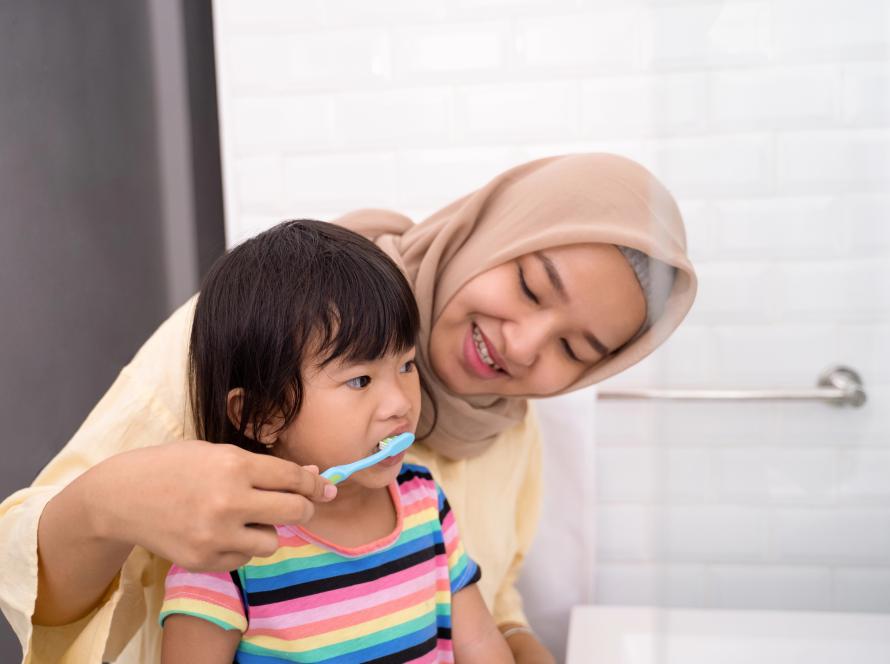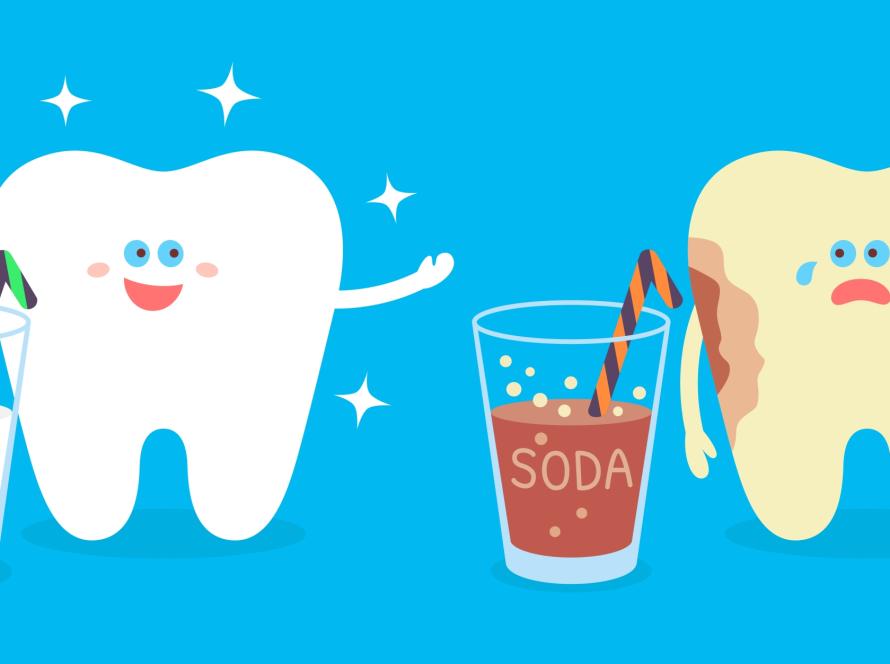As the seasons shift from the warm days of summer to the chillier months of fall and winter, it’s essential to consider how these changes can impact your child’s dental health. Seasonal changes can introduce new challenges for maintaining good oral hygiene. Here, we’ll provide some tips to help ensure your child’s teeth stay healthy during the colder months.
The Effect of Seasonal Changes on Kids Oral Health
Seasonal changes can have a surprising impact on your child’s dental health. The cooler weather often brings an increase in sugary treats, from Halloween candies to holiday desserts. These sugary foods can increase the risk of cavities if proper dental care isn’t maintained. Additionally, the change in weather can also bring on other issues that impact kids dental health.
Increased Sugar Intake
Fall and winter holidays like Halloween, Thanksgiving, Christmas, and many others often include a lot of sugary foods. While it’s okay for kids to enjoy these treats in moderation, it’s crucial to ensure they are brushing and flossing regularly to avoid cavities.
Cold Weather and Oral Health
Cold weather can sometimes cause sensitivity in teeth. Suppose your child complains of tooth pain when consuming cold foods or drinks. In that case, it might indicate an underlying problem that requires attention from a children’s dentist.
Lower Vitamin D Levels
With less sunlight exposure during fall and winter, kids may have lower levels of Vitamin D, which is essential for strong teeth and bones. The body relies on vitamin D to absorb calcium, which is essential for healthy teeth. A deficiency in Vitamin D can weaken the teeth and make them more susceptible to decay.
Weakened Immune System and Increased Illnesses
Fall and winter mark the peak of cold and flu season. With kids spending more time indoors, in close proximity to others, the chances of catching colds, the flu, or other respiratory infections increase. When kids are sick, their immune system is compromised, which can lead to several oral health challenges:
- Dry Mouth: Antihistamines and decongestants, commonly used to treat cold and flu symptoms, can lead to dry mouth. Reduced saliva production creates an ideal environment for harmful bacteria to thrive, increasing the risk of cavities and gum disease.
- Mouth Breathing: Nasal congestion often leads to mouth breathing, which can also dry out the mouth and lead to issues like bad breath, gum irritation, and increased tooth decay.
- Sugary Medicines: Some cold and flu syrups are packed with sugar to improve taste. However, this added sugar can stick to teeth and fuel the bacteria that cause cavities.
- Fatigue: When children feel sick or tired, they may skip important steps in their dental routine. Brushing and flossing might take a backseat, allowing bacteria to grow and potentially cause cavities or gum infections.
Tips for Maintaining Kids’ Dental Health in Fall and Winter
Regular Dental Checkups
One of the best ways to ensure your child’s teeth remain healthy is to schedule regular dental checkups. A children’s dentist can provide a thorough cleaning and identify any possible problems before they get worse. It’s recommended to have a kids dental checkup at least twice a year.
Encourage Good Oral Hygiene
Encourage your child to brush in the morning and evening. If age allows, flossing daily as well to maintain proper oral hygiene. Consider using flavored toothpaste or a toothbrush featuring their favorite cartoon character to make the routine more enjoyable. Establishing a consistent oral care routine early on prevents cavities and promotes long-term dental health.
Limit Sugary Treats
While avoiding sugary treats during the fall and winter holidays is difficult, try to limit their intake. Encourage your child to eat sweets in moderation and always follow up with a good brushing session.
Protect Against Cold Weather
Cold weather can result in a dry mouth, escalating the chances of developing cavities and gum disease. Ensure your child drinks plenty of water and uses a humidifier in their room to keep the air moist. Additionally, using a lip balm can prevent chapped lips, which can be uncomfortable and lead to bad habits like licking lips that can impact oral health.
By following these tips, you can help ensure your kids dental health remains in top shape throughout the fall and winter months. Remember, good oral hygiene practices and regular visits to the children’s dentist are key to preventing dental issues and promoting a healthy smile.
For more details on kids dental care, contact Woodlawn Kids Dental today!


